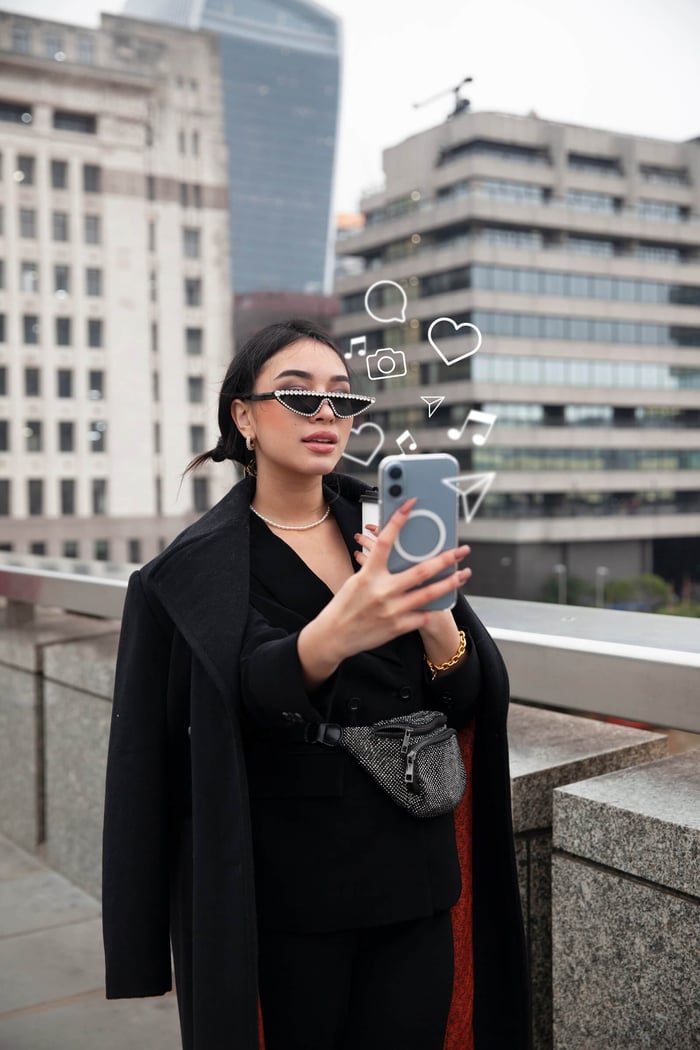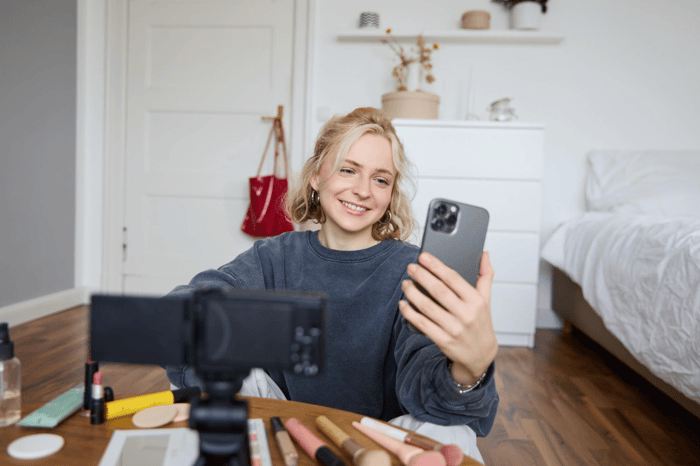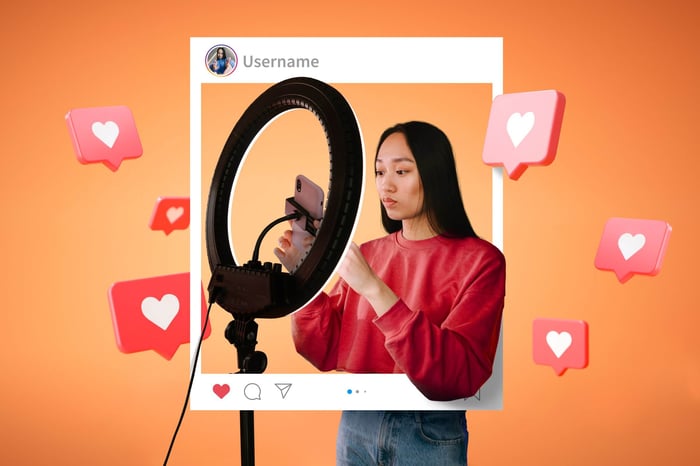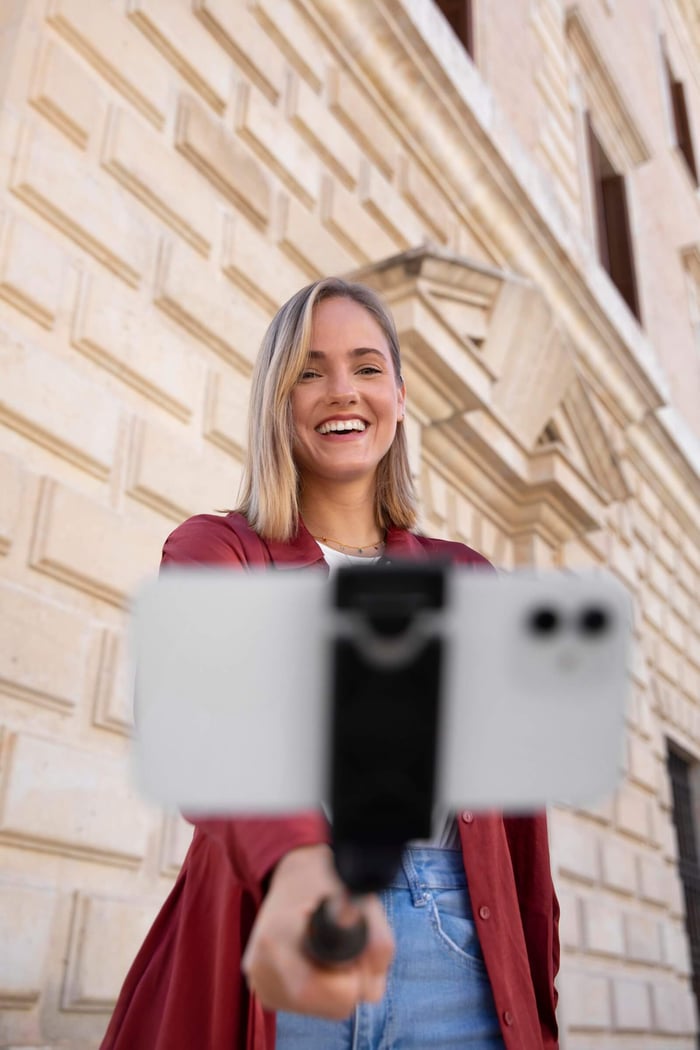Influencer Marketing for Small Business: Step by Step Guide
Table of Contents
- Why Influencer Marketing Matters for Small Business
- Step 1: Define Clear Goals
- Step 2: Choose the Right Influencers
- Step 3: Decide on the Type of Collaboration
- Step 4: Focus on Social Media Promotion That Converts
- Step 5: Measure Results and Adjust
- Step 6: Build Long-Term Relationships
- Tips for Small Businesses Starting with Influencer Marketing
- Final Thoughts
Running a small business is exciting, but it also comes with challenges. You may have a great product, strong values and a story worth telling, but reaching the right customers can feel overwhelming when you’re competing with bigger brands that have larger budgets. This is where influencer marketing for small business becomes such a game changer. Instead of trying to shout louder than the competition, you can partner with people who already have an engaged audience and let them tell your story in a way that feels natural and trustworthy.
Nowadays, traditional advertising often struggles to grab attention. People skip ads, scroll past banners and ignore pop-ups but when their favorite creator or local influencer talks about a product, they listen. That’s the beauty of marketing with influencers: it blends authenticity with reach, making it one of the most effective tools for small business growth.
This article will walk you through everything you need to know. From why influencer partnerships matter to how you can design a strategy that actually works, I’ll break down the steps and share tips that make social media promotion more than just likes and follows, it becomes a real driver of growth.

Why Influencer Marketing Matters for Small Business
Let’s be honest, small businesses don’t have endless advertising budgets. Competing head-to-head with large corporations in traditional media is nearly impossible. But what small businesses do have is agility, personality and often a more personal connection to their customers. That’s why influencer marketing for small business feels like such a natural fit.
Influencers come in all shapes and sizes, from micro-influencers with a few thousand highly engaged followers to macro-influencers with hundreds of thousands. For small businesses, micro-influencers are often the sweet spot. They are affordable, authentic and usually serve very specific communities.
Some of the biggest benefits include:
Trust and credibility: Followers see influencers as peers, not advertisers. When they recommend something, it feels like advice from a friend.
Cost-effectiveness: Many creators will collaborate in exchange for products, discounts, or small fees, making it possible even for businesses on a budget.
Targeted reach: Instead of marketing to everyone, you reach the exact group of people most likely to buy from you.
Boosting awareness and sales: A single post can generate traffic, build brand recognition, and even directly increase revenue.
For me, the most powerful part of marketing with influencers is that it levels the playing field. It gives smaller brands the chance to compete with bigger players by building visibility through authentic voices.

Step 1: Define Clear Goals
Before diving in, you need to know what you want to achieve. Influencer collaborations can do many things: drive sales, increase followers, grow brand awareness, or even help with launching a new product. Each goal shapes the way you approach your strategy.
Sales-focused campaigns: Work with influencers who can demonstrate your product and provide affiliate links or discount codes.
Brand awareness: Partner with influencers who create lifestyle content that naturally integrates your product.
Community building: Choose influencers who spark conversations and engage deeply with their followers.
Without defined objectives, you risk wasting resources on campaigns that look good but don’t deliver results. The first step in influencer marketing for small business is always setting measurable and realistic goals.
Step 2: Choose the Right Influencers
Not every influencer is the right match. Just because someone has 100,000 followers doesn’t mean their audience cares about your product. For example, if you sell handmade jewelry, a local fashion blogger with 5,000 engaged followers might generate more impact than a tech influencer with 50,000.
Here’s what I look for when evaluating creators:
Relevance: Do they talk about topics connected to my industry?
Authenticity: Do their posts feel genuine or forced?
Engagement rate: Comments, likes, and shares matter more than follower counts.
Audience fit: Are their followers similar to my ideal customer profile?
When it comes to marketing with influencers, alignment is more important than reach. A smaller audience that truly cares will always outperform a large audience that scrolls past without interest.

Step 3: Decide on the Type of Collaboration
There’s no one-size-fits-all when it comes to influencer partnerships. Depending on your budget and goals, you can try different approaches:
Sponsored posts: Pay the influencer to create content featuring your product.
Product gifting: Offer free items in exchange for an honest review or shoutout.
Affiliate marketing: Give influencers unique discount codes or referral links where they earn a commission.
Long-term ambassador programs: Build relationships with influencers who become ongoing faces of your brand.
For small businesses starting out, product gifting or affiliate partnerships are excellent ways to experiment without large upfront costs. Over time, as you grow, investing in longer collaborations can build stronger results for small business growth.
Step 4: Focus on Social Media Promotion That Converts
Social media promotion is the heart of influencer marketing. But it’s not about posting once and hoping for miracles. Success comes from strategy.
Think about the platforms where your customers spend time. Fashion and lifestyle brands thrive on Instagram and TikTok. Food businesses often do well on YouTube or Instagram Reels. B2B or professional services might benefit more from LinkedIn collaborations.
The goal is to meet people where they already are, and let influencers introduce your brand in a way that feels natural to their content style. It’s not about forcing an ad, it’s about telling a story.

Step 5: Measure Results and Adjust
The great thing about digital marketing is that you can track everything. After launching an influencer campaign, look closely at:
Engagement (likes, comments, shares).
Website traffic from influencer links.
Sales made with discount codes or referral programs.
Growth in followers or email subscribers.
If something works, repeat it. If it doesn’t, adjust your approach. Over time, you’ll learn which influencers, platforms, and content formats deliver the best return on investment. That’s how you turn influencer marketing for small business into a sustainable strategy rather than a one-time experiment.
Step 6: Build Long-Term Relationships
One-off collaborations can generate buzz, but long-term relationships create trust. If customers see the same influencer promoting your brand consistently, it reinforces credibility.
Think of it this way: a single Instagram Story might spark curiosity, but a six-month collaboration tells a complete brand story. For example, a local coffee shop could work with a food blogger to feature new drinks each season. A fashion boutique could partner with a style influencer to showcase new arrivals every month.
When influencers become true brand advocates, their audience starts to see your business as part of their lifestyle. That’s where the magic of small business growth really happens.

Tips for Small Businesses Starting with Influencer Marketing
From my own experience, here are some final tips to make your journey smoother:
Personalize your outreach, don’t send copy-paste messages.
Let influencers have creative freedom, they know what works best with their audience.
Focus on authenticity, not perfection. Real moments connect better than overly polished ads.
Start small and scale, test different influencers before committing to bigger budgets.
Most importantly, remember that marketing with influencers is about building relationships, not transactions. The more genuine your approach, the more impactful the results.
Final Thoughts
Influencer marketing isn’t just for big brands anymore. In fact, it might be even more valuable for small businesses, because it allows you to connect directly with people who care about your niche. Whether you’re looking to increase sales, grow your audience, or simply get your name out there, influencer marketing for small business is one of the smartest ways to achieve it.
By setting goals, choosing the right influencers, and focusing on authentic collaboration, you can create social media promotion campaigns that not only boost visibility but also drive real business results. The beauty of this approach is that it scales with you, you can start small, experiment, and grow your partnerships as your business expands.
In the end, success comes down to building relationships, telling your story, and letting influencers amplify your voice. If you’re ready to take your brand to the next level, there’s no better time to start. Small business growth is within reach, you just need the right partners to help you get there.
How would you rate this article:
Related Articles
- How to Style Oversized Blazers: 5 Chic Outfit Ideas
- The Future of AI Shopping: Smarter, Faster, Personalized
- Image to Video AI: Transform Your Photos into Videos with AI
- How to Swap Faces in Photos with AI
- AI Face Swapping: Transform Photos and Videos with Cutting-Edge Technology
- How to Start an Ecommerce Store: Essential Tips for Success
- Valentine Outfit Ideas for a Perfect Date Night
- The Best Outdoor Clothing Brands for Every Adventure
- 7 Best Product Photography Software to Enhance Your Ecommerce Images with the Right Tools
- AI Video Templates: How Artificial Intelligence is Streamlining Video Creation and Editing


